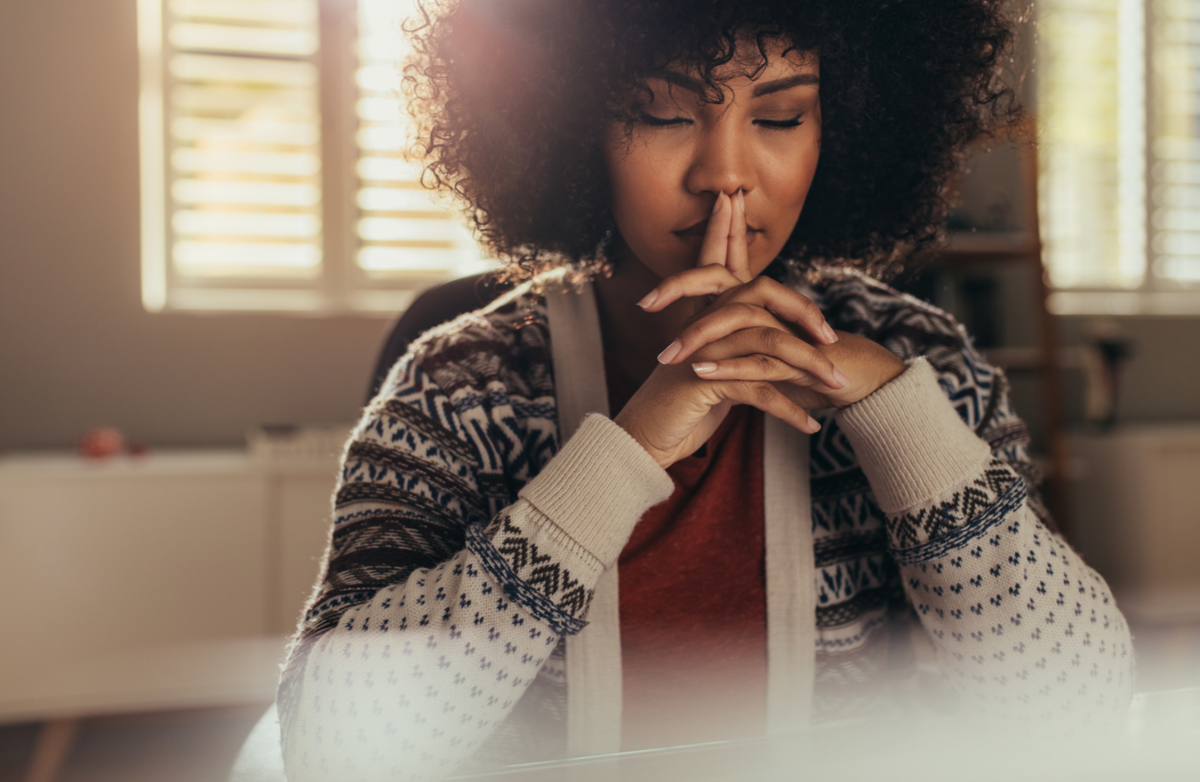
Feeling anxious from time to time is part of being human—but when anxiety becomes overwhelming or constant, it can take a real toll on your well-being. As a health coach, I often remind clients that while we can’t always control what triggers stress, we can learn how to calm our minds and care for our bodies in simple, sustainable ways. The best part? You don’t need fancy tools, expensive memberships, or hours of free time. Small, accessible actions can make a big difference.
1. Focus on Your Breath
Deep, intentional breathing is one of the quickest ways to tell your body that it’s safe to relax. Try this simple technique:
-
Inhale slowly through your nose for a count of four.
-
Hold for a count of two.
-
Exhale gently through your mouth for a count of six.
Even just one minute of focused breathing can lower heart rate, reduce tension, and help you feel more centered.
2. Move Your Body
Movement helps release built-up stress hormones and increases endorphins—the body’s natural mood boosters. This doesn’t have to mean a gym workout. Try:
-
Taking a short walk outside
-
Stretching or doing gentle yoga
-
Dancing to your favorite song
-
Doing a few squats or shoulder rolls at your desk
Consistent movement, even in short bursts, helps quiet a racing mind and improves overall mood.
3. Practice Grounding Techniques
When anxiety feels overwhelming, grounding helps bring you back to the present moment. Try the 5-4-3-2-1 method:
-
Name 5 things you can see
-
4 things you can touch
-
3 things you can hear
-
2 things you can smell
-
1 thing you can taste
This practice helps shift focus away from spiraling thoughts and back to your physical surroundings.
4. Nourish Your Body
Blood sugar spikes and crashes can worsen anxiety symptoms. Eating balanced meals with lean protein, healthy fats, fiber, and plenty of water can help keep your energy and mood steady. Foods rich in magnesium (like leafy greens and nuts), omega-3s (like salmon or chia seeds), and probiotics (like yogurt or kefir) may also support calmness and focus.
5. Limit Stimulants
Too much caffeine, energy drinks, or added sugar can amplify feelings of restlessness and anxiety. Try cutting back gradually and notice how your body responds. Replacing that afternoon coffee with herbal tea or a short walk can help reduce jitteriness while keeping your energy levels stable.
6. Create a Simple Mindfulness Routine
You don’t have to meditate for an hour to experience benefits. Even two minutes of mindfulness—such as pausing to notice your breath, feelings, or surroundings without judgment—can calm the nervous system. Apps, guided meditations, or simply sitting quietly can all work. The key is consistency over perfection.
7. Connect with Others
Talking about your worries can bring perspective and relief. Whether it’s a trusted friend, family member, support group, or counselor, a connection helps you feel less alone. Social support is one of the strongest protectors against chronic stress and anxiety.
8. Prioritize Rest and Recovery
Sleep plays a huge role in emotional regulation. Aim for 7–9 hours per night and create a calming bedtime routine—dim the lights, put away screens, and do something relaxing like stretching, journaling, or reading.
The Bottom Line
Managing anxiety doesn’t always require big life changes—sometimes, it’s about returning to the basics. Breathing deeply, moving regularly, eating well, staying connected, and resting your body are all powerful tools that anyone can use. When practiced consistently, these small steps can help you feel calmer, more grounded, and more in control of your day.













